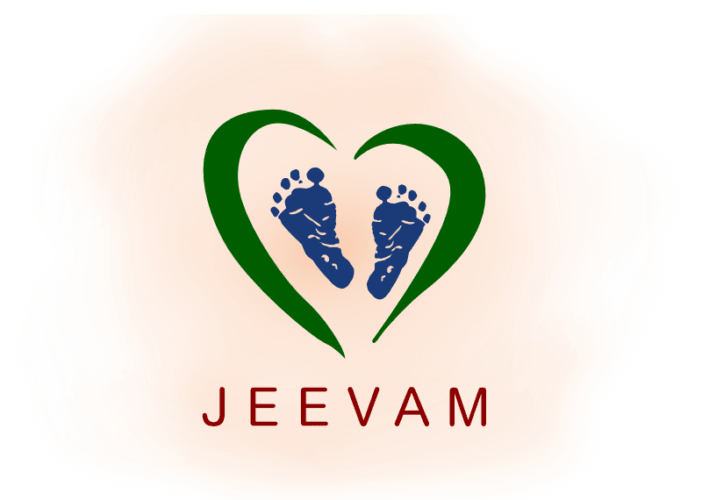Pelvic Floor Muscular Dysfunction
Pelvic floor muscular dysfunction affects men and women of all ages and backgrounds, and is defined by the inability to control the muscles of your pelvic floor. This painful condition has been linked to events that weaken the pelvic muscles or tear connective tissue.
If you’ve recently given birth, undergone surgery in your pelvic region, suffered nerve damage, or sustained a traumatic injury to that area, you may have developed pelvic floor muscular dysfunction. This condition can make it difficult for you to go to the bathroom as you normally would, sit down comfortably, or even walk.
Jeevam Therapy in Edison, NJ can provide you with the much needed relief you’ve been searching for. Contact our office today for more information on our therapy services for pelvic floor muscular dysfunction.
Symptoms of Pelvic Floor Muscular Dysfunction
Although every patient’s pain condition is different, oftentimes we hear the same types of complaints when it comes to pelvic floor muscular dysfunction.
Below is a list of commonly experienced pelvic pain symptoms, as listed on Healthline:
- urinary issues, such as the urge to urinate or painful urination
- constipation or bowel strains
- lower back pain
- pain in the pelvic region, genitals, or rectum
- discomfort during sexual intercourse for women
- pressure in the pelvic region or rectum
- muscle spasms in the pelvis
If you’re experiencing any or all of these symptoms, it’s time to see a professional about your problem. It’s important to get your pain under control as early as possible so that future problems aren’t created. Finding therapy at Jeevam Therapy in Edison, NJ can help!
How Can a Pelvic Floor Specialist Help?
When you arrive at our Edison, NJ office, one of our therapists will evaluate your medical history and ask you a series of questions regarding your pelvic pain symptoms. He or she will also perform a thorough evaluation that includes watching you walk, squat, bend over, and breathe, all to observe for any mobility deficits, muscle imbalances, or postural muscular dysfunction.
Strength, endurance, flexibility, and motor control of the pelvic floor muscles will also be evaluated to help in determining the best route for your treatment plan. Some commonly used treatment methods for pelvic floor muscular dysfunction are as follows:
- Biofeedback. Biofeedback is not painful, and helps over 75% of people with pelvic floor dysfunction. Your physical therapist may use this technique to monitor your muscles as they relax and contract.
- Relaxation techniques. Meditation, yoga, heating packs, or warm baths may be recommended for your rehabilitation.
- Pelvic floor rehabilitation. During your examination, your Jeevam Therapy therapist will determine which muscles in your lower back, pelvis and pelvic floor are too tight. They’ll be able to teach you exercises to stretch these muscles to improve their coordination.
Contact Jeevam Therapy Today
Pelvic floor muscular dysfunction is difficult to handle alone. Rehabilitation can change your life! Here at Jeevam Therapy, we make it our number one priority to provide our patients with pain relief. If you are suffering from pelvic pain, don’t wait any longer to contact our Edison, NJ physical therapy office.
We’ll help relieve your pelvic pain condition so you can get back to living your life without discomfort.



